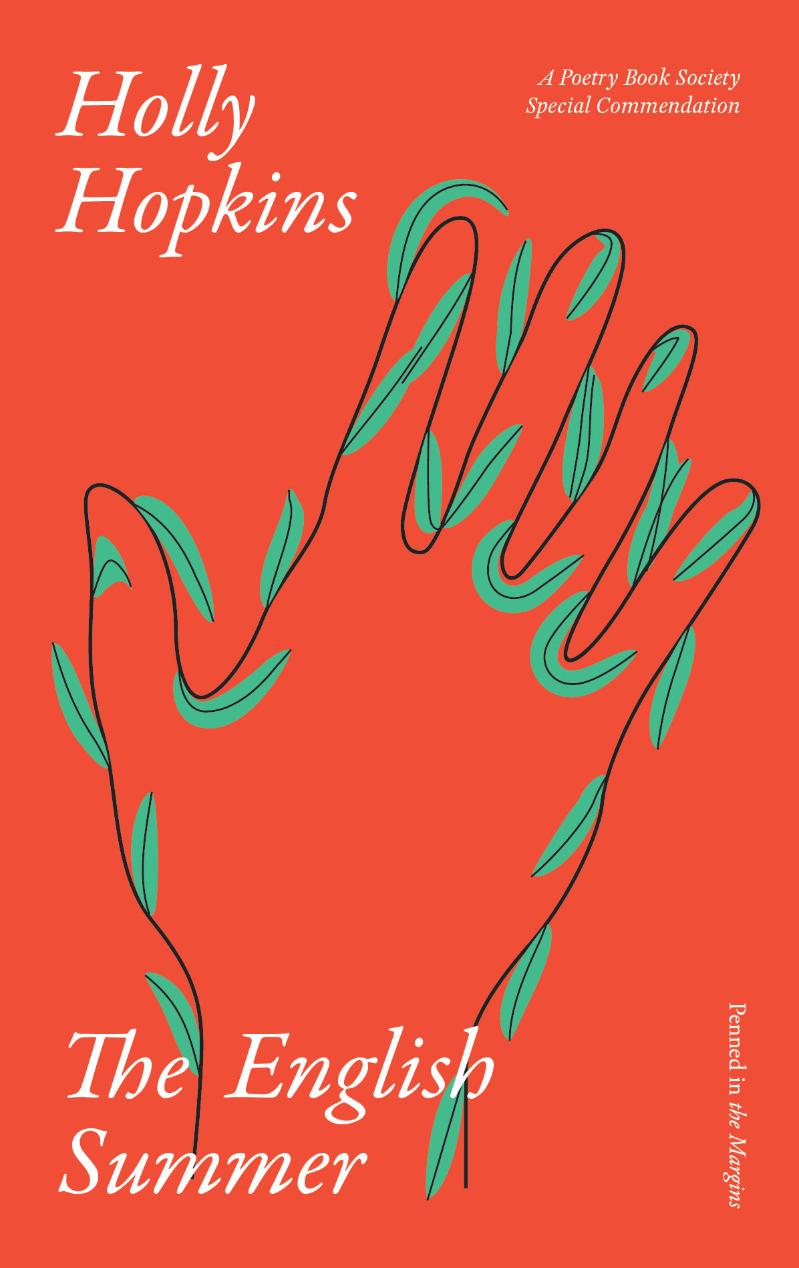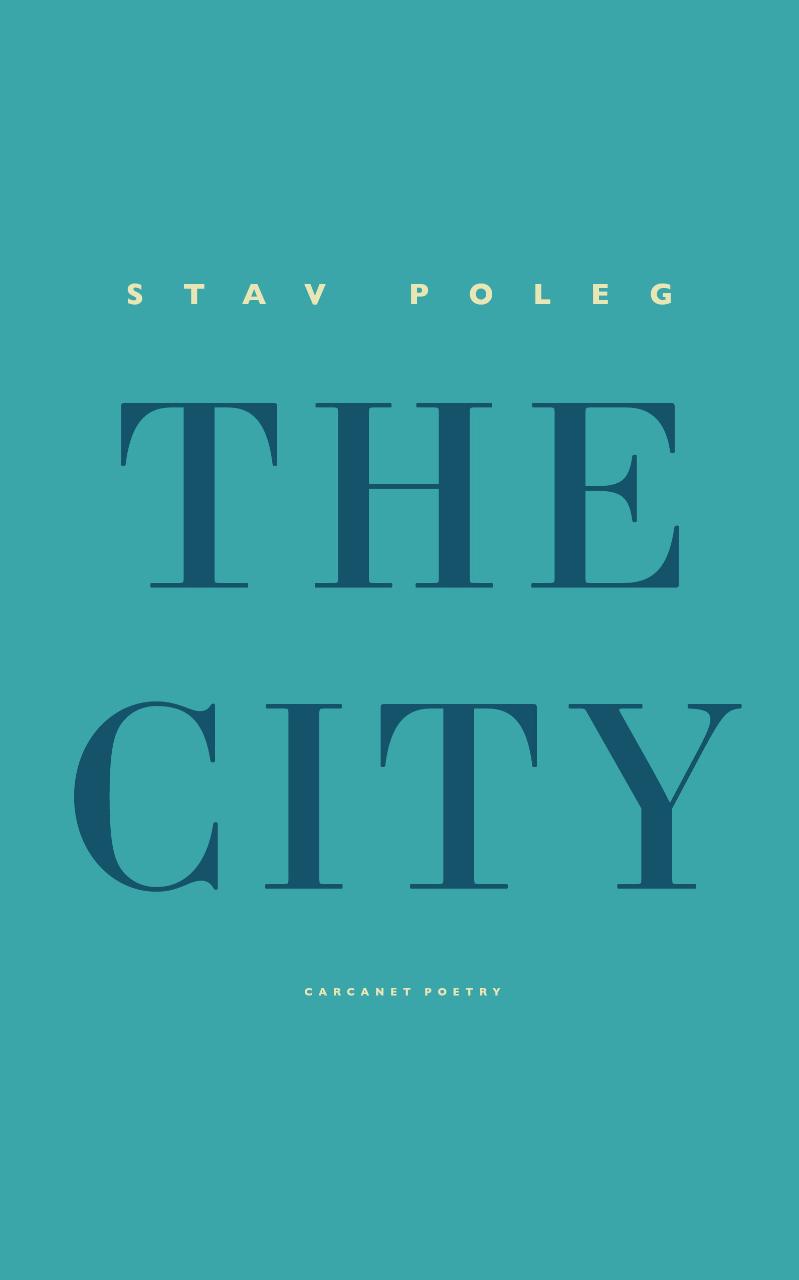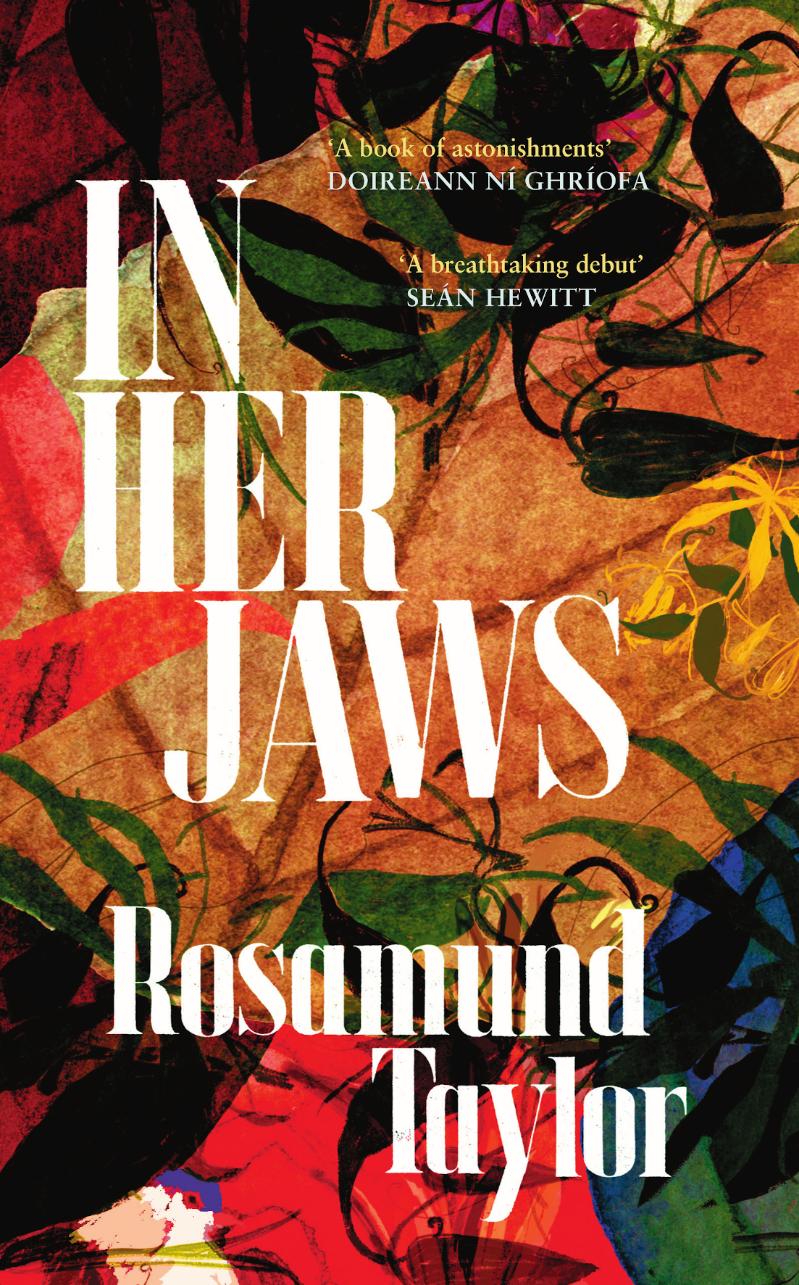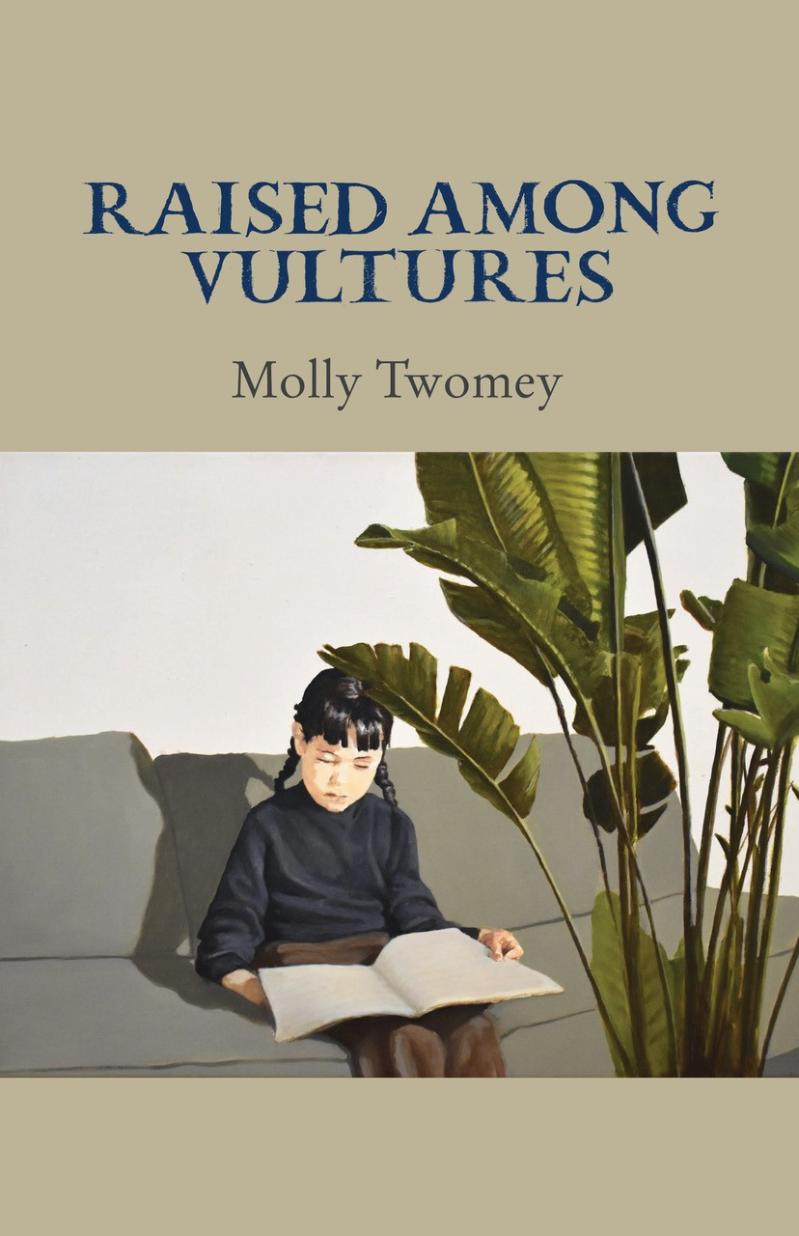2023 Shortlist

We are delighted to announce the shortlist for the 2023 Seamus Heaney Poetry Prize for a First Collection, supported by the Atlantic Philanthropies. The winner will be announced during the Seamus Heaney Centre’s annual Poetry Summer School, at the Award Night readings in June 2023.
"We had an outstanding group of submissions for the Heaney prize this year, but in the end the shortlist was easy to assemble. These five debuts are all outstanding in different ways and speak to the depth and breadth of contemporary poetry."
- Nick Laird, Seamus Heaney Professor of Poetry at Queen's, and judge of the Poetry Prize

Penned in the Margins, 2022
Seaweed and sunburn. The death of a fridge. A 'pie-faced' St George upstaged by the horse.
The English Summer confronts the illusions and paradoxes of history in poems that reimagine medieval anchorites and 18th-century follies, zombies and the Megabus. This is a landscape populated by overcrowded urban bedsits and burnt-out country piles, where ghosts of the past are sensed beneath dual carriageways and old gods emerge from rotting bindweed. Visceral and analytic at turns, Hopkins’ startling collection probes at the undergrowth of English culture; a white-hot debut by a poet of singular vision.
Holly Hopkins grew up in Berkshire, grew up even more in London and now lives in Manchester. Her debut pamphlet, Soon Every House Will Have One, won the Poetry Business Pamphlet Competition and was the Poetry Book Society Pamphlet Choice. Holly has been an assistant editor of The Rialto. She has received an Eric Gregory Award and a Hawthornden Fellowship and was shortlisted for the inaugural Women Poets’ Prize. Her poems featured in Carcanet New Poetries VIII and have been published in The Guardian, The Telegraph and TLS.

Jonathan Cape, 2022
This assured and arresting first collection moves deftly and with purpose into private, hidden places - a locked shed, the dark of a battery farm, a murky riverbed, a late-night bar - to show, unflinchingly and in cinematic detail, what we might otherwise choose not to see. Sight is both a gift and curse, of course: given or taken away in poems of windows and curtains, torches and blindfolds, and yet here - following in the tradition of Oswald and Heaney - each image is freshly minted through a cool, objective eye.
Vivid and visceral, steadily examining violence, sexual encounters, childhood and ageing (a dying grandmother's 'slow pink eyelids, those quick teaspoon breaths'), cars and cities, and Nature - full of wonder and threat - Slide is always asking pertinent questions: illuminating brutality, frailty and tenderness, the responsibility of those who witness - whether voyeur, bystander or reader. This is a charged, beautifully observed and thrilling debut.
Mark Pajak was born in Merseyside in 1987. His work has received a Northern Writers' Award, a Society of Authors' Grant, an Eric Gregory Award and a UNESCO international writing residency. He is a past recipient of the Bridport Prize and has been three times included in the National Poetry Competition winners list.

Carcanet, 2022
Stav Poleg's poems are about cities, what they contain and what they lack; and all cities are habitable and analogous. Her poems are fascinated by the freedom of motion and its constraints: how by means of technique they defy the gravity that draws them down the page to a conclusion. They subvert what they see and, as language, they also subvert how they see: we are always seeing but with all our senses, including our ears and our semantic facilities, our echo detector, how the poems relate to one another and how they relate to the worlds of art and invention in different modes and ages.
Stav Poleg's poetry has appeared on both sides of the Atlantic, in The New Yorker, Kenyon Review, Poetry London, Poetry Ireland Review, PN Review and elsewhere. A selection of her work is featured in New Poetries VIII (Carcanet, 2021). Her graphic-novel installation, “Dear Penelope: Variations on an August Morning,” created with artist Laura Gressani, was acquired by the Scottish National Gallery of Modern Art. Her theatre work was read at the Traverse Theatre, Edinburgh, and the Shunt Vaults, London, and most recently at Kettle’s Yard gallery, Cambridge.
She serves on the editorial board of Magma Poetry magazine and teaches for the Poetry School on a range of subjects including poetry inspired by the Divine Comedy, the Odyssey and the cinema of Fellini. She lives in Cambridge, UK.

Banshee Press, 2022
In her debut collection, Rosamund Taylor dares us across thresholds and invites us to glimpse the world as we’ve never seen it before. She boldly charts a journey of survival and transformation with poems on history reimagined, astronomy, sorcery, wild landscapes, talismanic creatures, and queer love.
Taylor explores what it means to live in a female body that is not defined by lack, or want, or perpetual suffering, but is possessed by a real and defined sense of erotic autonomy. These poems burn from the inside out with possibility, and there is magic, mystery and reclamation at every turn. In Her Jaws is a landmark debut that extends and deepens the Irish tradition of writing the female perspective, while also breaking new ground.
Rosamund Taylor is a poet and critic. Her first collection, In Her Jaws, was published by Banshee Press in May 2022. Reviewing the collection for the Irish Times, Martina Evans said, “There is more than care in Taylor’s poetry, her fine delicacy is at one with an indefinable sorcery which horrifies and exhilarates.” A selection of her poetry won the Mairtín Crawford Award at the Belfast Book Festival in 2017, her poem The Proof won the London Magazine Poetry Competition in 2020 and in 2023, her poem Why Whistlejacket? won the Telegraph Poetry Competition. Her work has been broadcast on RTE radio’s The Poetry Programme and on BBC Radio 4’s Poetry Please. She has published over fifty poems in Ireland, Canada, the US and the UK. Recently, her poems have appeared in Fourteen Poems, Mslexia, The Butcher’s Dog, The Rialto and Poetry Ireland Review as well as numerous anthologies, including Queering the Green and Out of Time: Poems from the Climate Emergency.

Gallery Press, 2022
In Molly Twomey’s spectacular, and frequently disturbing, debut seemingly nonchalant expressions of hard experience (‘Over coffee I tell you I slept with some guy’) meld with vivid imaginings. Excited hearts are ‘bumper cars’, a Coke is ‘a huge cup of starless sky’ and a radish is ‘a red grenade’. In this world of Tumblr, online group therapy, NA and Touch ID, Molly Twomey’s unflinching art chronicles a history of eating disorders and inner conflicts. These are frontline reports from the outposts of youth, ‘nights / spent drunk with boys we could barely remember, / would never forget.’ But Raised Among Vultures, while venturing that ‘It’s impossible to live without breaking someone’, is also a book about longing and lessons — ‘It took so long to learn that I won’t die / if I sleep in.’ In her first collection Molly Twomey breathes new life into Irish poetry.
Molly Twomey grew up in Lismore, County Waterford, and graduated in 2019 with an MA in Creative Writing from University College Cork. Her first collection, Raised Among Vultures, was published in 2022 by The Gallery Press. It won the Southward Debut Collection Poetry Award and was shortlisted for the Farmgate National Poetry Award. Her work has appeared in Poetry Review, Poetry Ireland Review, Banshee, The Irish Times, Mslexia, The Stinging Fly and elsewhere. In 2021, she was chosen for Poetry Ireland’s Introductions series and awarded an Arts Council Literature Bursary.
